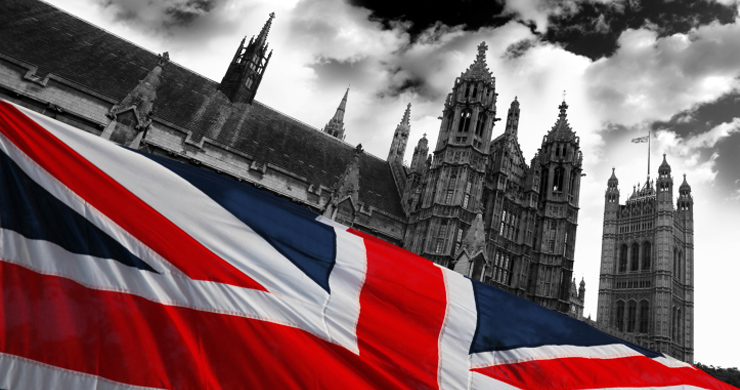Political Parties and the General Election
What are the main political parties in the United Kingdom?

Political Parties
Below is a list of Political Parties in order of how many M.P.s they currently have in Parliament. There are many other parties, these are not included but can easily be researched. Independents are M.P.s that have no political party.
- Conservative
- Labour
- Liberal Democrat
- D.U.P.S.N.P.
- Sinn Féin
- Independents / Plaid Cymru / S.D.L.P.
- U.K.I.P.
- Alliance / Green / Respect
We will try in this article to understand the different political parties, but as mentioned in the main article, there are strict rules because Geography in the News is paid for with money from the Welsh Government so it cannot mention specific policies.
The main ways of understanding parties are:
- Party approach to economics, tax and public services
- Party approach to membership of the United Kingdom – Unionism
- Specific purpose parties
Party approach to economics, tax and public services
You will often hear parties being described as being to the left or to the right; this is a description of how the party thinks about money (economics) in the country. Imagine a line; on the left of the line are ideas called socialism; on the right of the line are ideas called capitalism.

The three biggest (currently) political parties are mostly defined by where they would fit along this line; however they are all fairly close to the centre of the line. To understand all of this we have to have a better understanding of what these terms mean.

Socialism
Socialism tries to share out wealth within a country; it is based on social ownership, in other words all of the people own things (owned by the government or country) instead of individuals.
- It tends to have higher taxes so that people with more money give more money to the government, and the government can use this money to provide more and better public services which mostly benefit people who are poorer.
- Socialist governments also try to control the economy (controlled economy) with a lot of rules designed to make things fairer.
- In the past socialist governments would take businesses out of private ownership and into national ownership - a process called nationalisation.
- Socialism and socialist parties became an important political force around the start of the 20th Century; it was mainly started by poorer workers who banded together and formed trade unions to fight against the rich owners of the places where they worked.
Capitalism
Capitalism is seen as the opposite of socialism; capital is another name for money and capitalism believes in allowing business and the wider economy freedom to maximise money making.
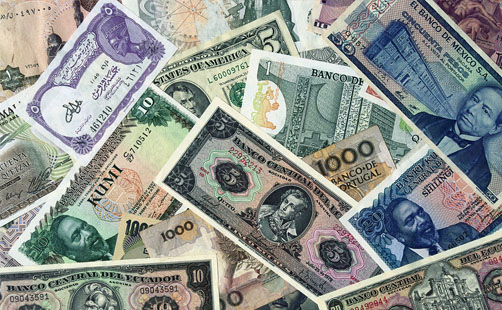
- Capitalism needs a free market economy which is the opposite of a controlled economy. The belief is that under a free market business will do much better and much more money will be made; at first this will be in the hands of the business owners but over time it will ‘trickle down’ to everyone and everyone will be better off.
- Sometimes capitalist ideas in politics are called ‘small government’, this has a range of meanings:
- The government should largely stay out of business and allow it to make its own decisions.
- The government should not heavily tax people for public services but allow for people to be able to afford and pay for these services which will create more business opportunities and more wealth.
None of our main political parties are far from the centre ground of the line; the Labour Party would be described as being centre left and the Conservative Party as being centre right. Traditionally the Liberal Democrat Party is seen as being between both of these two biggest parties.
Unionism
The three biggest parties (Conservative Party, Labour Party & Liberal Democrat Party) are all unionist parties; this means that they want to keep the four Home Nations/Countries within the United Kingdom. This could be clearly seen during 2014 when all three campaigned together for a ‘No’ vote in the Scottish Independence Referendum. Several other political parties however are defined by their viewpoint on the Union.
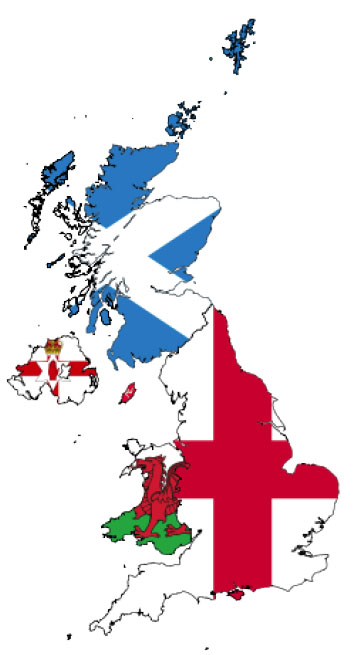
Unionist parties
Unionist parties(where unionism is seen as the main party focus)are found in Northern Ireland; the main focus of these parties is to keep Northern Ireland within the United Kingdom.
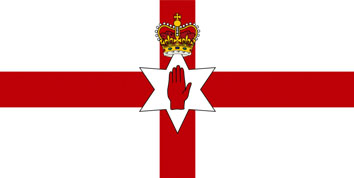
Republican parties
Republican parties campaign for Northern Ireland to become part of the Republic of Ireland. There are some small republican groups elsewhere in the United Kingdom which want an elected head of state instead of a monarch such as The Queen; however these are not a large political force.
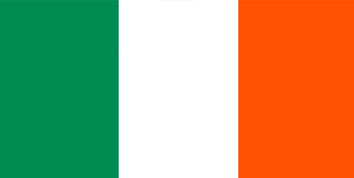
Nationalist parties
Nationalist parties are traditionally important in Scotland and Wales; the recent Scottish independence referendum came about by pressure from nationalists in Scotland. In Wales most nationalists are practical and few campaign for independence but rather campaign for increased devolution and increased protection and support for Welsh language and culture.

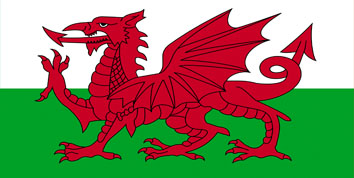
A recent trend has been the growth of a new form of British Nationalist that wants a strong union within the United Kingdom but wants to leave the European Union.
Specific Purpose Parties
Specific Purpose Parties campaign on a particular issue such as the environment or working together and healing past divisions in Northern Ireland.
Extremist Parties
Extremist Parties campaign on what are very often unpopular or even unlawful policies. Some may put forward racist ideas or promote intolerance, hatred and even terrorist violence. Some extremist parties may just be at the extreme ends of Socialism to Capitalism.
It is very important that this issue of GITN does not put forward individual party policies or ideas; these are usually called a party manifesto and can be found on party websites that you can research. However it is possible to get a good idea about a party based on its position along the line between socialism and capitalism along with its position on unionism/nationalism within Wales, Scotland and Northern Ireland.
The Conservative Party
The Conservative Party is a centre right unionist party, more information and their election manifesto can be found at www.conservatives.com.

The Labour Party
The Labour Party is a centre left unionist party, more information and their election manifesto can be found at www.labour.org.uk.

The Liberal Democrat Party
The Liberal Democrat Party is in the centre (describing itself as being between the Labour Party and the Conservative Party) and is also unionist, more information and their election manifesto can be found at www.libdems.org.uk.

The D.U.P.
The Democratic Unionist Party is a centre right unionist party from Northern Ireland more information and their election manifesto can be found at www.mydup.com.
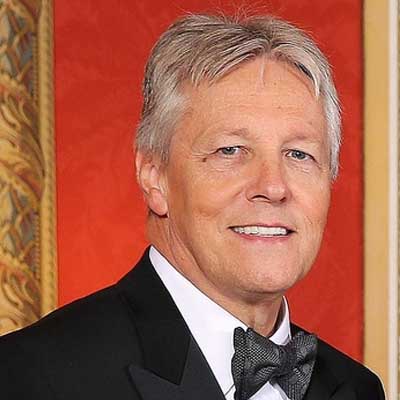
The S.N.P.
The Scottish Nationalist Party is a centre left nationalist party from Scotland, more information and their election manifesto can be found at www.snp.org.
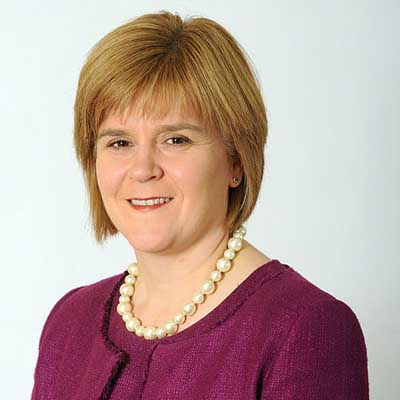
The Sinn Féin Party
Sinn Féin is a centre left republican party from Northern Ireland, more information and their election manifesto can be found at www.sinnfein.ie.

Plaid Cymru
Plaid Cymru is a centre left nationalist party from Wales, more information and their election manifesto can be found at www.partyof.wales.

The S.D.L.P.
The Social Democratic and Labour Party is a centre left republican party from Northern Ireland, more information and their election manifesto can be found at www.sdlp.ie.
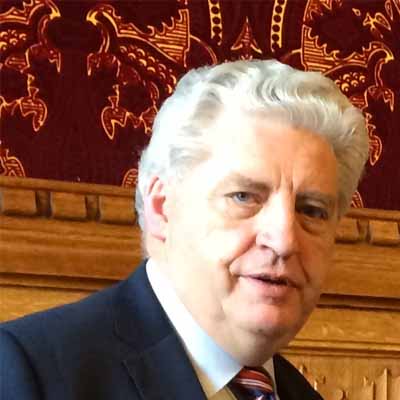
The U.K.I.P.
The United Kingdom Independence Party is a centre right unionist party but has a nationalist element in that it campaigns for the U.K. to leave the European union; more information and their election manifesto can be found at www.ukip.org.

The Alliance Party

The Green Party
The Green Party is a centre left party that has a strong focus on environmental issues, more information and their election manifesto can be found at www.greenparty.org.uk.

The Respect Party
The Respect Party is further left than the Labour Party towards socialism and in addition campaigns against international conflict and war; more information and their election manifesto can be found at www.respectparty.org.
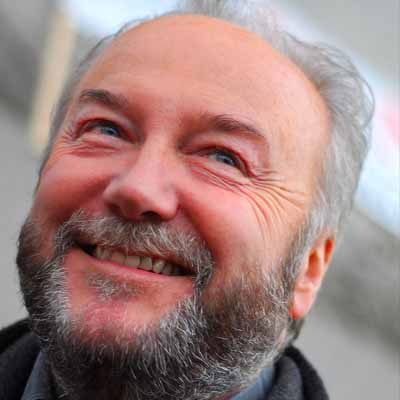
Independents
Independent candidates by definition do not have a party but if you wish to find out more about a standing independent candidate then the use of an internet search engine will almost certainly find that they have a website where you can find their election manifesto.
There are many other parties in U.K. politics however we have limited these links to those that currently have one or more M.P.s.
Pupil Activity
Scan the information in this article and research the manifesto’s of the different major parties that will stand for election in Wales.
Divide the parties into No, Yes or Maybe categories. For each state why they are No, Yes or Maybe. A mind map would be a good way to organise this with traffic light colour coding also a good idea. Red for No and bad things, Green for Yes and good things and Yellow/Amber for Maybe which could have both good and bad features.

